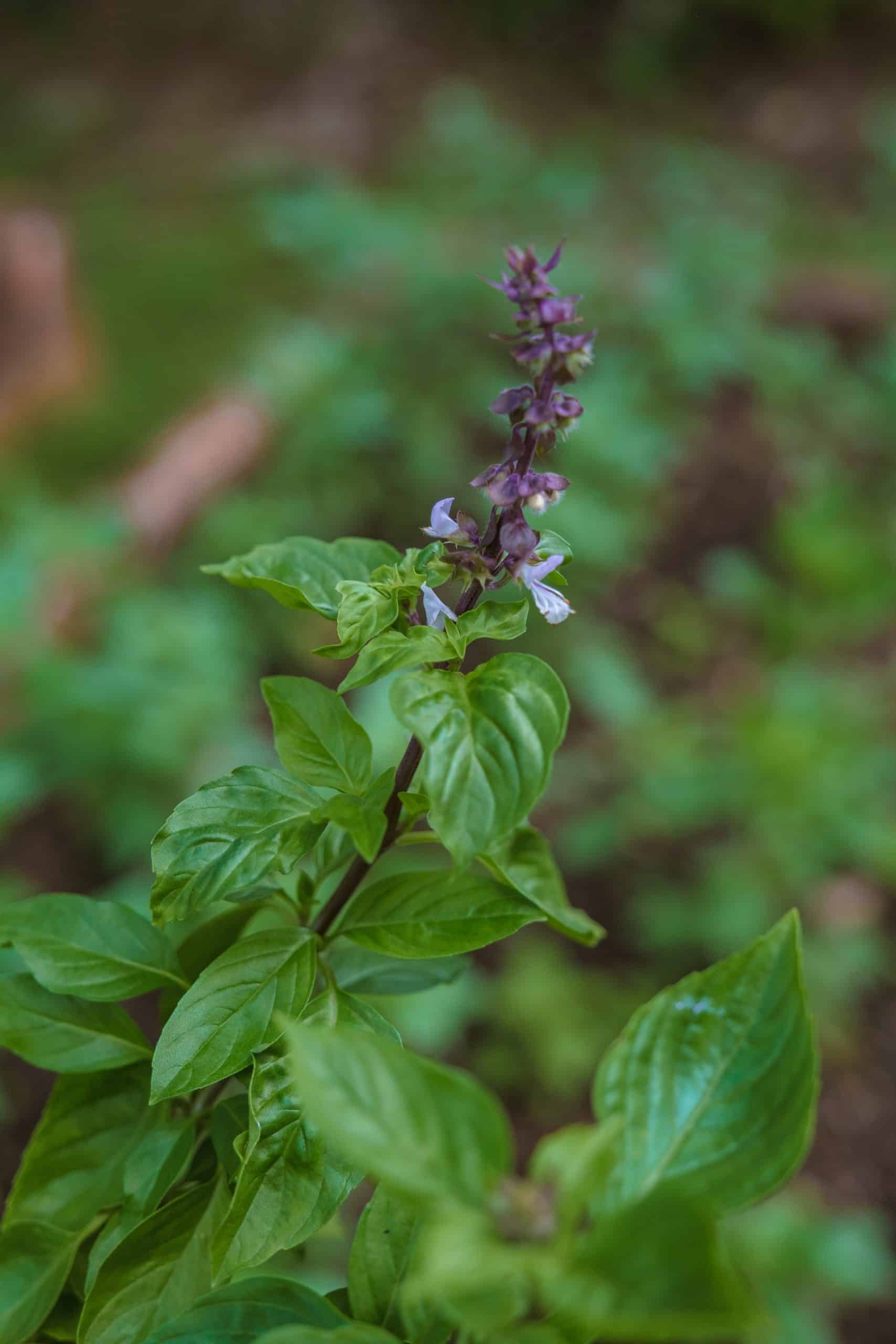How to Implement an Eco-Friendly Grey Water System in a Suburban Setting?

In the ever-evolving world of sustainability, more and more homeowners are looking for ways to minimize their environmental footprint. One innovative solution gaining momentum is the use of a greywater system. This sustainable method allows homeowners to recycle household wastewater, reducing the demand for fresh water and promoting a green lifestyle. In this article, you’ll learn about the basics of greywater systems, their benefits, and how to implement one in your suburban garden.
The Basics of Greywater Systems
Before delving into the nitty-gritty of implementing a greywater system, let’s explore the fundamental concept behind it. Greywater refers to the gently used water from your showers, baths, sinks, and washing machines. Unlike wastewater from toilets, known as ‘black water’, greywater is relatively clean and doesn’t contain harmful pathogens.
Dans le meme genre : What Are the Top Compact Dishwasher Models for Tiny Kitchens?
Many scholars have conducted numerous studies highlighting the potential of greywater for reuse in household and garden applications. It’s a sustainable practice that not only conserves water but also nourishes plants, enhancing your garden’s health and vibrancy.
Benefits of Greywater Recycling
Greywater recycling systems offer an array of benefits for any suburban household. First and foremost, they contribute to water conservation. According to a study by Crossref, a typical household can recycle up to 70% of its water through greywater systems. That’s a significant amount of water you’d be saving, especially in regions where water scarcity is a major concern.
En parallèle : How Can You Create a Pet-Friendly Living Room That Is Stylish and Functional?
Moreover, these systems provide a reliable source of irrigation water for your garden, reducing your dependence on mainline water or rainwater. Greywater is rich in nutrients, which can enrich your soil, promoting a lush, green garden.
Lastly, by reducing your water usage, you’ll notice a significant decrease in your water bills, making greywater recycling not only an eco-friendly choice but a financially savvy one as well.
Greywater Treatment: Ensuring Safe and Sustainable Reuse
While greywater is generally safe for reuse, it still contains some impurities that may not be ideal for your plants or soil. Therefore, greywater treatment becomes a crucial aspect of an effective greywater system. This process ensures the water is free from any harmful substances before it is reused in your garden.
There are several methods for treating greywater, ranging from simple filtration systems that remove large particles to advanced systems that clean the water through biological processes. Depending upon your requirements, budget, and local regulations, you can choose a suitable method for your suburban setting.
Implementing a Greywater System in Your Garden
Now that you understand the concept, benefits, and treatment methods for greywater, let’s delve into how to implement a greywater system in your garden. First, you need to analyze your household’s water usage patterns and determine how much greywater you generate. This will help you decide on an appropriate size for your greywater system.
Next, you’ll need to assess the soil and plants in your garden. Different plants have different water and nutrient needs, so understanding your garden will help maximize the benefits of your greywater system.
Lastly, it’s crucial to adhere to local regulations when installing a greywater system. Many areas have specific guidelines to ensure the safe and sustainable use of greywater.
Remember, implementing a greywater system is not just about irrigation. It’s about taking a step towards sustainable living and contributing to the health of the planet.
Key Takeaways
Implementing an eco-friendly greywater system in your suburban setting can significantly contribute to water conservation, reduce your water bills, and promote a green, lush garden. It’s a sustainable solution that many homeowners are adopting, and with the right understanding and planning, you can too. It’s not just about reducing your water usage; it’s about embracing a lifestyle that respects and nurtures the environment.
Considerations for Greywater Treatment Systems
When planning for a greywater system, it’s essential to consider the type and size of the treatment system that would be suitable for your garden and household needs. The chosen system should effectively treat and recycle the greywater, ensuring its safe use for irrigation purposes.
According to Google Scholar studies, there are various types of greywater treatment systems available, including physical treatment systems, chemical treatment systems, and biological treatment systems.
Physical treatment systems typically involve filtration processes that remove large particles and impurities from the greywater. They are generally affordable and easy to install but may not be as effective in removing smaller contaminants.
Chemical treatment systems, on the other hand, use chemicals to treat wastewater. These systems are more efficient in removing small contaminants; however, they often come with higher installation and operational costs.
Biological treatment systems use bacteria and other microorganisms to break down impurities in the greywater. While these systems are highly efficient and eco-friendly, they can be complex to install and maintain.
The size of the greywater system should also correspond to your household’s water usage. For instance, a tiny house may not require as extensive a system as a larger household.
Finally, the choice of a greywater treatment system should comply with your locale’s water management regulations, ensuring safe and sustainable water resource utilization.
Recap and Conclusion
In conclusion, implementing a greywater system in a suburban setting is a practical and eco-friendly approach to water management. It allows homeowners to recycle gently used water from showers, sinks, washing machines, and baths, conserving valuable water resources, reducing water supply bills, and promoting a lush, healthier garden.
The process involves understanding the basics of greywater systems, acknowledging the benefits of greywater recycling, and knowing the importance of greywater treatment. The implementation phase requires an analysis of household water usage patterns, an assessment of garden soil, and plant needs, and adherence to local regulations.
As per Scholar Crossref, greywater systems can potentially recycle up to 70% of household water, making them a significant contributor to water conservation. Moreover, they help in enriching the soil, leading to a greener garden.
Remember, the implementation of a greywater system is not just about sustainable water use; it’s a lifestyle choice that reflects a commitment to the environment. By choosing greywater reuse, you are taking a proactive step towards a sustainable future, contributing positively to the health of our planet.
